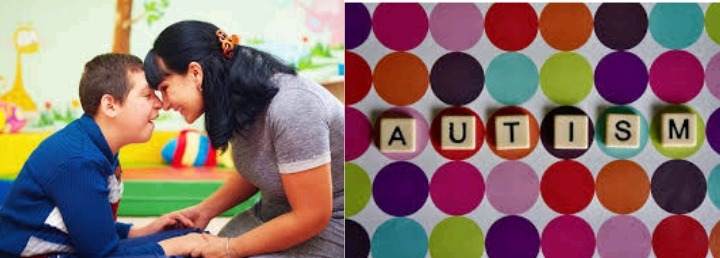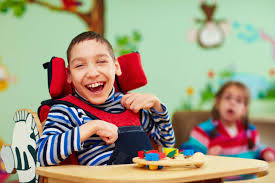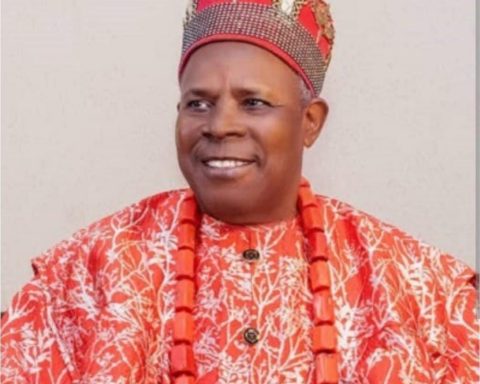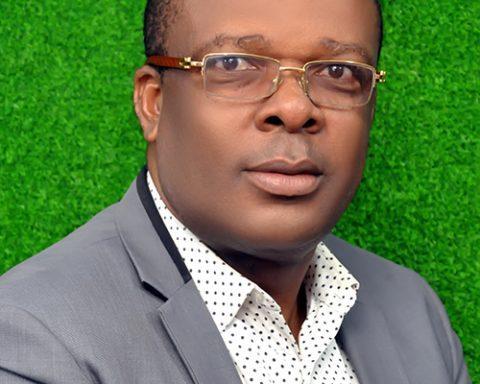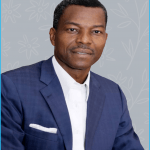In recent years, there has been a significant shift in society’s understanding and acceptance of autism spectrum disorder (ASD). While challenges persist, efforts to break stereotypes and promote inclusivity are gaining traction worldwide.
Autism, a neurodevelopmental disorder, affects individuals in various ways, influencing social interaction, communication, and behavior. Contrary to outdated perceptions, autism is not a one-size-fits-all condition; rather, it encompasses a spectrum of strengths, challenges, and unique perspectives.
Join our WhatsApp ChannelHistorically, misconceptions surrounding autism have led to stigmatization and discrimination. However, increased awareness and advocacy have sparked meaningful change. Today, there is a growing emphasis on embracing neurodiversity and creating environments that accommodate individuals with ASD.
READ ALSO: X-raying Autism Spectrum Disorder
Education plays a pivotal role in fostering understanding and acceptance. Schools are implementing inclusive practices to support students with autism, recognizing their potential and providing tailored learning experiences. Additionally, initiatives aimed at promoting neurodiversity in the workplace are gaining momentum, with companies recognizing the value of diverse perspectives and skills.
Furthermore, media representation is evolving to reflect the diversity within the autism community. Portrayals of individuals with ASD in films, television series, and literary works are becoming more authentic and nuanced, challenging stereotypes and fostering empathy.
Despite these strides, challenges remain. Access to resources and support services varies widely, highlighting the need for continued advocacy and investment in autism research and education. Additionally, societal attitudes and misconceptions persist, underscoring the importance of ongoing dialogue and awareness campaigns.
As we strive for a more inclusive society, it is essential to listen to the voices of individuals with autism and involve them in decision-making processes. Their insights and experiences offer invaluable perspectives on navigating the world with ASD.
Ultimately, understanding and accepting autism requires a collective effort. By challenging stereotypes, promoting inclusivity, and celebrating neurodiversity, we can create a more supportive and inclusive world for individuals with autism and their families.


